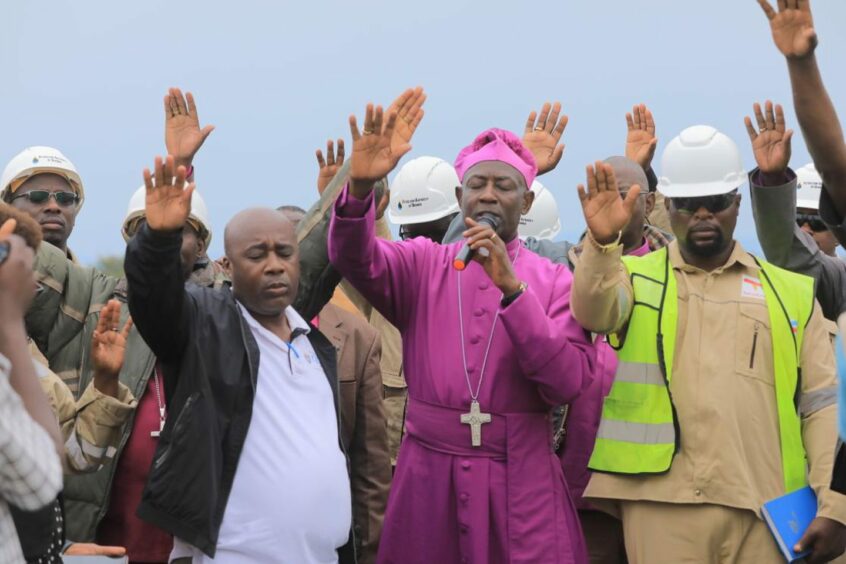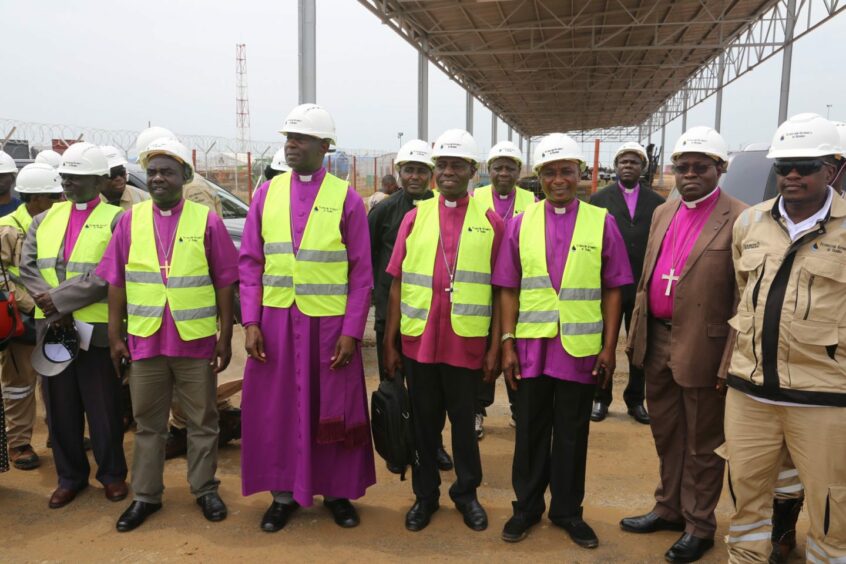
Uganda has shifted course on its refinery plans and is now seeking external financing for the proposed 60,000 barrel per day facility.
A July 3 statement from the Ministry of Energy and Mineral Development (MEMD) said the government and Albertine Graben Energy Consortium (AGEC) had made “significant achievements” in developing the plan.
Work so far includes design of refinery configuration or front-end loading 2 (FEL-2), front-end engineering and design (FEED) and the environmental and social impact assessment (ESIA). These come in addition to logistics, commercial and marketing studies.
“There are, however, a number of outstanding aspects, including mobilisation of financing for the project and the Government of Uganda is now open to receiving offers from public sector capital providers to participate in this nationally and regionally strategic project,” it said.
A ministry representative, Solomon Muyita, told Reuters that AGEC had not confirmed they had secured financing.
“So, for the consortium, when they get financing, they can still get back to us, but in the meantime we are open to any other developer,” Muyita said.
The ministry had expected a final investment decision (FID) on the $4.5 billion Hoima facility by the end of June. The aim was for the facility to be ready for first oil from the Lake Albert fields in late 2025.
AGEC includes GE’s Nuovo Pignone International, Yaatra Africa, Lionworks Group and Saipem. The companies did not respond to a request for comment.
The refinery plan also includes a 211 km products pipeline, which would run from the Hoima refinery to a storage and distribution terminal at Namwabula, in Mpigi.
Partner plans
Uganda has said it expects 70% of the cash for the refinery to come from debt and 30% from equity. Uganda National Oil Co. (UNOC) holds a 40% stake in the refinery, while AGEC held the remaining 60%.
Taylor Dejongh signed up to help finance the refinery plan in 2013, supported by Eversheds. AGEC signed up to work on the project in 2017.
One company named as a potential developer in 2015 was RT Global Resources, a subsidiary of Russia’s Rostec. The Russian company lost out to AGEC, in a decision reportedly driven by US government opposition.
Uganda has said the project could create 4,000-6,000 temporary jobs, with another 650 permanent jobs when up and running.

 © Supplied by PAU / Archbishop Ste
© Supplied by PAU / Archbishop Ste